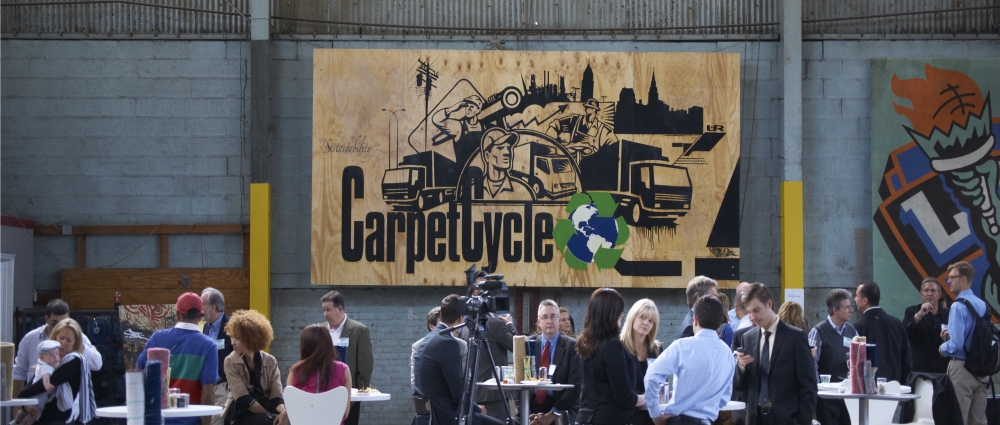News & Stories
New Jersey Investigators Continue to Crack Down on Mob Activity in Recycling Industry
The vestigation identified many of these operators as convicted felons, made possible by "glaring loopholes" in the state's solid waste oversight system. "Masquerading as seemingly legitimate recyclers, they are able to evade any form of background vetting and licensure simply because no such requirements exist for those engaged in the business they pruportedly conduct," the report states.

The report urges the state to pass S-2306, an updated bill that would require extensive background checks across the recycling industry. This bill was originally proposed in 2011, yet no action has been made to pass it.
While crime in the waste industry is not a new concept, it is one that is possibly avoidable with proper regulations in place. In August 2016, the New Jersey Senate's Energy and Environment Committe heard testimony on this legislation that would close the loopholes allowing individuals with organized crime connections to operate in the state's waste industry. However, online records indicate that no action was taken on this matter since its original introduction. Aside from the health and environmental risks as a result of this oversight, taxpayers are now on the hook for hundreds of thousands of dollars in cleanup efforts.
Criminal activity is certainly not contained to New Jersey's waste operations, nor the United States' for that matter. Illegal dumping has been a major issue in various states across the nation, and in the fall of 2016, the head of the U.K,'s Environment Agency said waste crime in England is on the rise, calling it "the new narcotics." While the waste industry in both the U.S. and the U.K. is working with law enforcement to eliminate criminal activity and made the industry more safe, it is clear that more action needs to be taken from a federal side.




